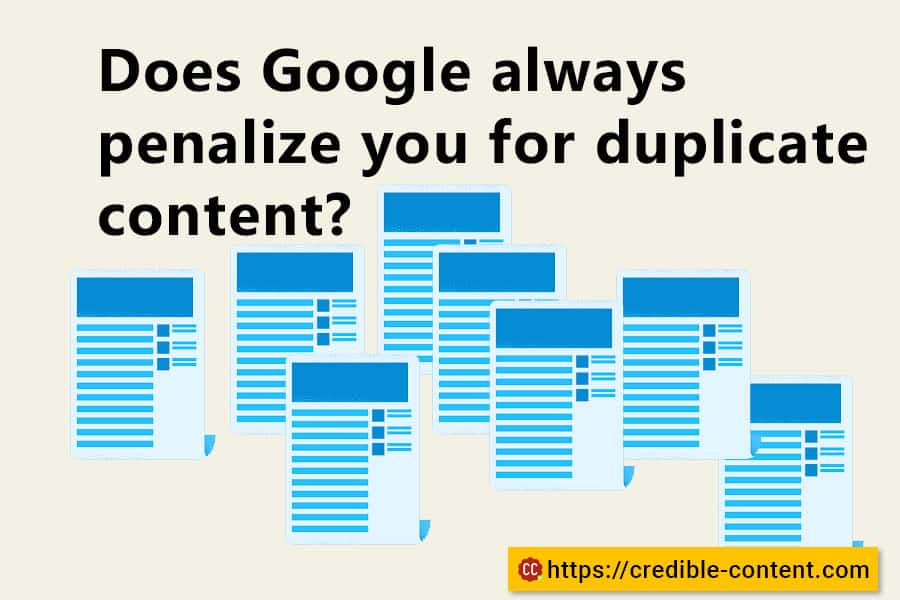
How to write content on difficult topics
When I use “very” before difficult, I mean a topic I have no clue about. Even if I do research, I may not be able to come up with a piece of content that delivers something convincingly and clearly.
Recently I did exactly that. I worked on a topic I wasn’t familiar with. I’m not going to mention it because then the client is going to know which topic I’m talking about (some of my clients read my blog).
I could have said no but I am the only writer going for him. He had given me multiple topics and I had written on all the topics but the one I’m talking about.
I procrastinated for a couple of days but then the project could no longer be delayed. I worked on the document for two hours and I must say, I was impressed.
This wasn’t the first time I was stuck. I am writing for my clients everyday and not all the topics are easy. Some of them are difficult.
What makes a content writing assignments difficult?
There are two ways a content writing assignment can be difficult.
- The topic is totally alien. I have no clue what even the title means. I don’t feel like asking the client because then he or she will get uneasy thinking that I may not be able to write.
- The topic is familiar but no good information is available on the web. The current content published by other authors doesn’t impress me. The research data is not there.
Very few times I have had to turn down the assignment because it was too hard for me to take up. I can’t even remember.
Yes, I remember recently I turned down an assignment not because it was difficult, but because I thought the client was writing it better than I could. She sent me an outline which in itself was exceptionally written. Once I explained this to her, she agreed, and she was also impressed by my honesty.
Anyway, coming back to the topic, with a little bit of research, I can find the needed information and do a job that meets my standards. But sometimes, the topic is completely out of my league. How do I handle such topics?
Here are a few things I do:
Remind myself that this is not the first time
Starting writing on a difficult topic is the most difficult. It’s because you don’t know what to write. You don’t even know how to begin. How do you write the first sentence? And if you cannot write the first sentence, how do you bring yourself to starting to write?
Have I been in such situations before? Multiple times. So many times I have felt that I won’t be able to complete a content writing assignment because it is too difficult or the information available is too little, but by the time I’m through with the document, it turns out to be a great job.
When I cannot begin, I remind myself that. I remind myself that I have been in such a situation innumerable times. Somehow, I just need to start and once I start, I will finish. As far as I can remember, this has always worked. I cannot recall the occasions when it has not worked. In fact, even right now I’m going through the same phase. I need to start working on an e-book which I’m finding difficult. I need to start writing it. But I know that once I start, I will be able to complete it.
Start preparing an outline
This might be an extension of the above point, but preparing an outline always helps. I start writing random words and sentences in bullet points. This works both at psychological level as well as practical level.
I tell myself: at least I’m doing something. I’m not wasting my time going through social media timelines or spending time on another wasteful activity. I’m working on the project. If I need to write 1500 words, I have written 50 words. That is some work done.
When you’re randomly thinking, lots of useful thoughts come to your mind. If you’re not putting them down, you often lose these thoughts. When I’m randomly writing sentences and words, I’m preserving the thoughts that are coming to my mind. These thoughts can then be used to write the complete piece. Otherwise, once lost, these thoughts rarely come back.
Sometimes these notes are so precise that I simply need to expand them and by the time I’m done with that, I have completed my project.
Have a system to save research material
This is a long-term strategy but over the years, I have collected so much material using OneNote (Evernote before that) and Google Keep that once I start going through it, there is not a chance when I don’t get a new idea or when my thoughts don’t get unblocked.
I’m not saying I always get the information that I need from my saved notes, but they get my motor started.
The gist is, start writing. After a while, it starts coming on its own.



